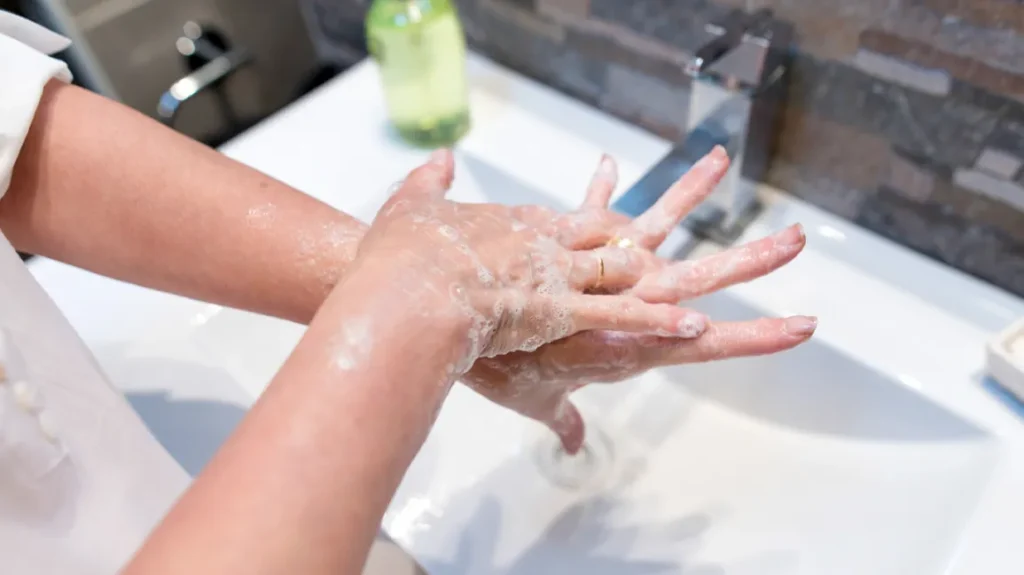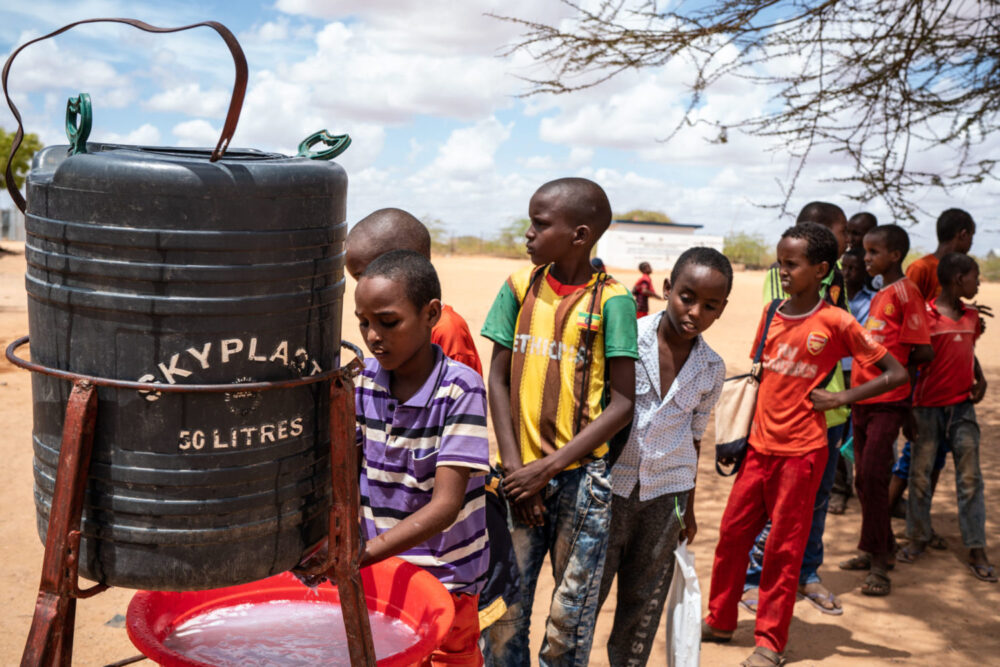The United Nations warned that one in three children worldwide does not have access to clean drinking water while at school. This affects their health and ability to learn.
“Globally, almost one in three schools has no drinking water from an improved source,” the UN cultural agency UNESCO said in a new report.
Basic Sanitation
“One in three schools worldwide has no basic sanitation,”. This means a basic toilet and sewage system.
While “almost half of schools do not have handwashing facilities with water and soap”.

Prevention against Communicable diseases
Potable water and handwashing facilities are key to protecting children against the likes of Covid-19, said school health and nutrition expert Emilie Sidaner.
Schools without clean drinking water cannot prepare meals for students, contributing to child malnutrition, she said.
Lack of running water and soap is also a major challenge for girls who “cannot go to school during their period.”
Schools without potable or clean drinking water cannot prepare meals for students, contributing to child malnutrition.
Lack of running water and soap is also a major challenge for girls who “cannot go to school during their period”, she added.
For example, one in four girls did not go to school in Bhutan during that time of the month, Sidaner said.
And one in five had to skip classes during menstruation in Ivory Coast, while one in seven missed school for the same reason in Burkina Faso.
“There needs to be more investment in water and sanitation as well as all other infrastructure that enables quality learning,” Sidaner said.
“If pupils are not in good health, well-fed and protected in school, it’s even harder for them to take in what their school can teach them.”
The earlier reports indicated that many schools in poorer countries lack adequate water and sanitation facilities, affecting children’s educations and even claiming lives.










